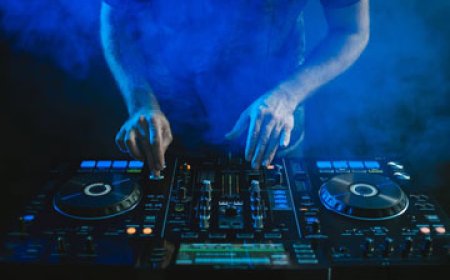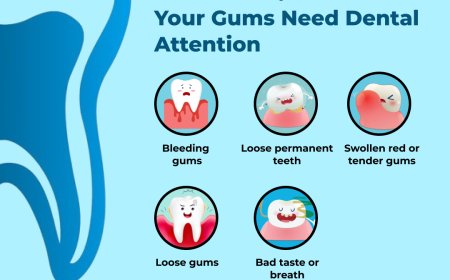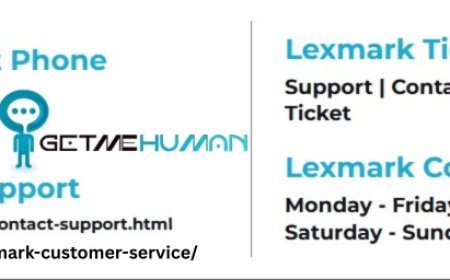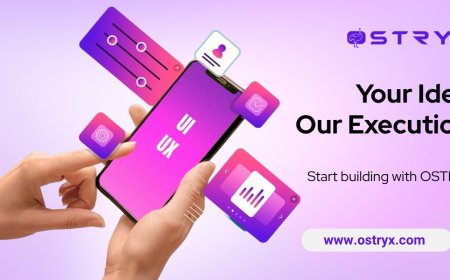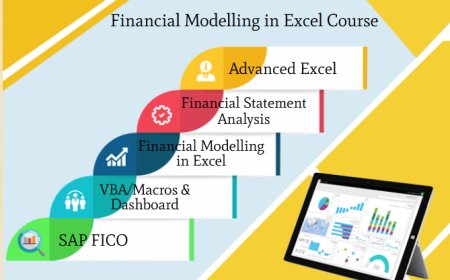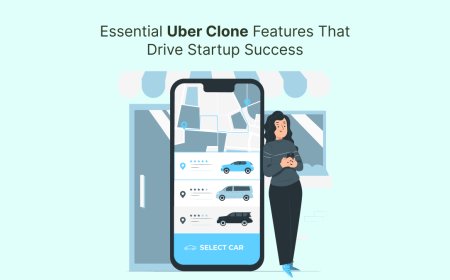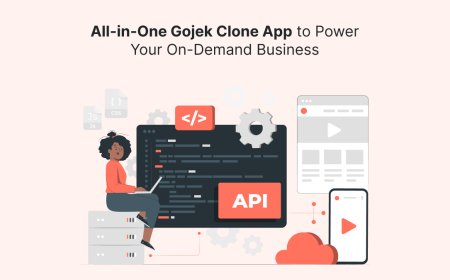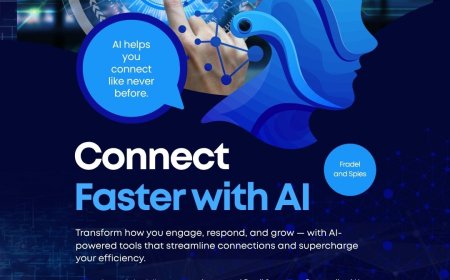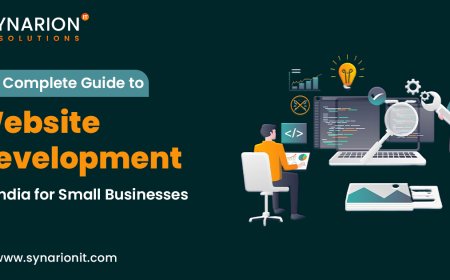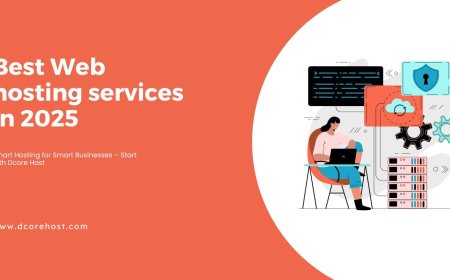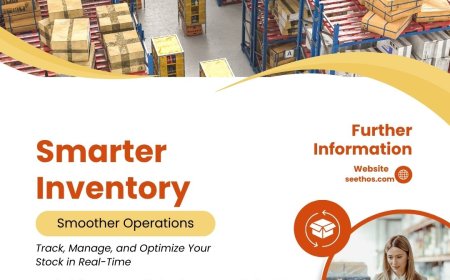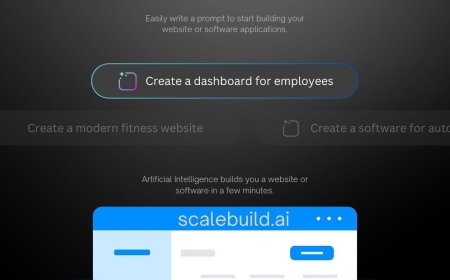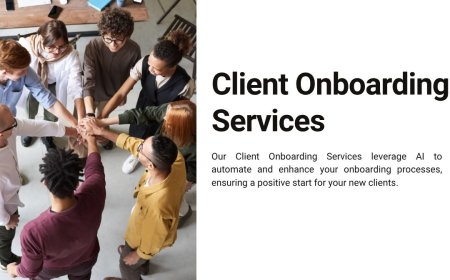The Rise of AI Automation: What It Means for Your Industry
The rise of AI automation is not a fleeting trend but a structural shift in how industries operate.

Artificial Intelligence (AI) automation is rapidly transforming the business landscape across every major sector. From healthcare and manufacturing to finance, retail, and logistics, AI-powered systems are streamlining operations, reducing costs, and enabling smarter decision-making. But what exactly does the rise of AI automation mean for your industry, and how should you prepare for its impact?
In this comprehensive article, well explore how AI automation is reshaping various sectors, the opportunities it presents, and the challenges companies must navigate to stay ahead.
Understanding AI Automation
AI automation refers to the integration of artificial intelligence technologies into automated systems to perform tasks that typically require human intelligence. These include machine learning, natural language processing (NLP), computer vision, and robotics.
Unlike traditional automationwhich follows a set of predefined rulesAI automation can learn from data, adapt to new inputs, and even make decisions. This makes it ideal for handling complex, variable processes and enhancing operational efficiency at scale.
Key Drivers of AI Automation
Several trends are fueling the rise of AI automation:
-
Advancements in AI Algorithms: Innovations in deep learning and neural networks have made AI more accurate and reliable.
-
Explosion of Data: With the rise of IoT and digital tools, organizations now have massive datasets that AI can leverage.
-
Cloud Computing: Scalable cloud platforms make it easier to deploy and maintain AI automation systems.
-
Labor Shortages and Cost Pressures: Companies are turning to AI to maintain productivity and reduce overhead costs.
Sector-by-Sector Impact
Lets examine how AI automation is impacting major industries:
Manufacturing
AI automation is at the core of smart factories and Industry 4.0. Predictive maintenance, quality control using computer vision, and robotic process automation (RPA) on assembly lines have led to improved productivity, less downtime, and higher product quality.
Example: General Electric uses AI-powered predictive maintenance to reduce equipment failure in its factories, saving millions in operational costs.
Healthcare
AI is revolutionizing diagnostics, drug discovery, and administrative workflows. From AI algorithms that detect diseases in imaging scans to chatbots for patient engagement, automation is improving outcomes and reducing workload for medical staff.
Example: IBM Watson Health helps clinicians analyze large datasets to assist in accurate diagnoses and treatment plans.
Retail
AI automation enhances both customer experience and backend operations. Dynamic pricing, demand forecasting, personalized recommendations, and automated checkouts are all driven by AI.
Example: Amazon uses AI for everything from inventory management to personalized product suggestions, creating a seamless shopping experience.
Finance
In banking and insurance, AI is used for fraud detection, algorithmic trading, customer support, and underwriting. Chatbots, credit scoring systems, and robo-advisors are increasingly common.
Example: JPMorgan Chase uses its AI platform COiN to review legal documents, saving thousands of hours annually.
Logistics and Supply Chain
AI automation helps in route optimization, demand forecasting, and warehouse automation. It increases supply chain resilience and reduces shipping delays.
Example: DHL uses AI-driven analytics to optimize delivery routes and warehouse operations for faster and more reliable logistics.
Benefits of AI Automation
-
Increased Efficiency: Tasks are performed faster and with fewer errors.
-
Cost Reduction: Automation reduces the need for manual labor in repetitive tasks.
-
Scalability: AI systems can handle growing volumes of data and operations.
-
Better Decision-Making: AI provides data-driven insights to guide strategy.
-
Enhanced Customer Experience: AI personalization improves satisfaction and engagement.
Challenges and Considerations
While the benefits are significant, the adoption of AI automation is not without challenges:
-
Workforce Displacement: Automation may lead to job displacement, particularly in roles involving routine tasks.
-
Bias and Ethics: AI systems can perpetuate bias if not properly trained on diverse datasets.
-
Data Privacy: Handling sensitive information requires robust cybersecurity and data governance.
-
Integration Complexity: Legacy systems may need significant upgrades to support AI.
How to Prepare Your Industry for AI Automation
-
Upskill Your Workforce: Invest in training programs to reskill employees for AI-related roles.
-
Start Small: Begin with pilot projects to understand the impact before scaling.
-
Embrace a Data-First Culture: Ensure your organization has clean, structured, and accessible data.
-
Collaborate with Experts: Work with AI consultants and technology partners to implement the right solutions.
-
Ensure Ethical AI Use: Adopt responsible AI frameworks to promote transparency and fairness.
Future Outlook
AI automation will continue to evolve, with emerging trends such as:
-
Generative AI for content creation and coding
-
Hyperautomation combining AI, RPA, and low-code platforms
-
AI-powered digital twins in engineering and urban planning
-
Self-optimizing systems that learn and improve over time
Industries that proactively adopt AI automation will gain a significant competitive edgethose that resist risk falling behind.
Final Thoughts
The rise of AI automation is not a fleeting trend but a structural shift in how industries operate. By embracing this transformation, businesses can unlock new efficiencies, foster innovation, and better serve their customers.
Whether youre in healthcare, finance, manufacturing, or retail, understanding and preparing for AI automation is critical. The future of work and industry is intelligent, automated, and data-drivenare you ready to lead the change?


